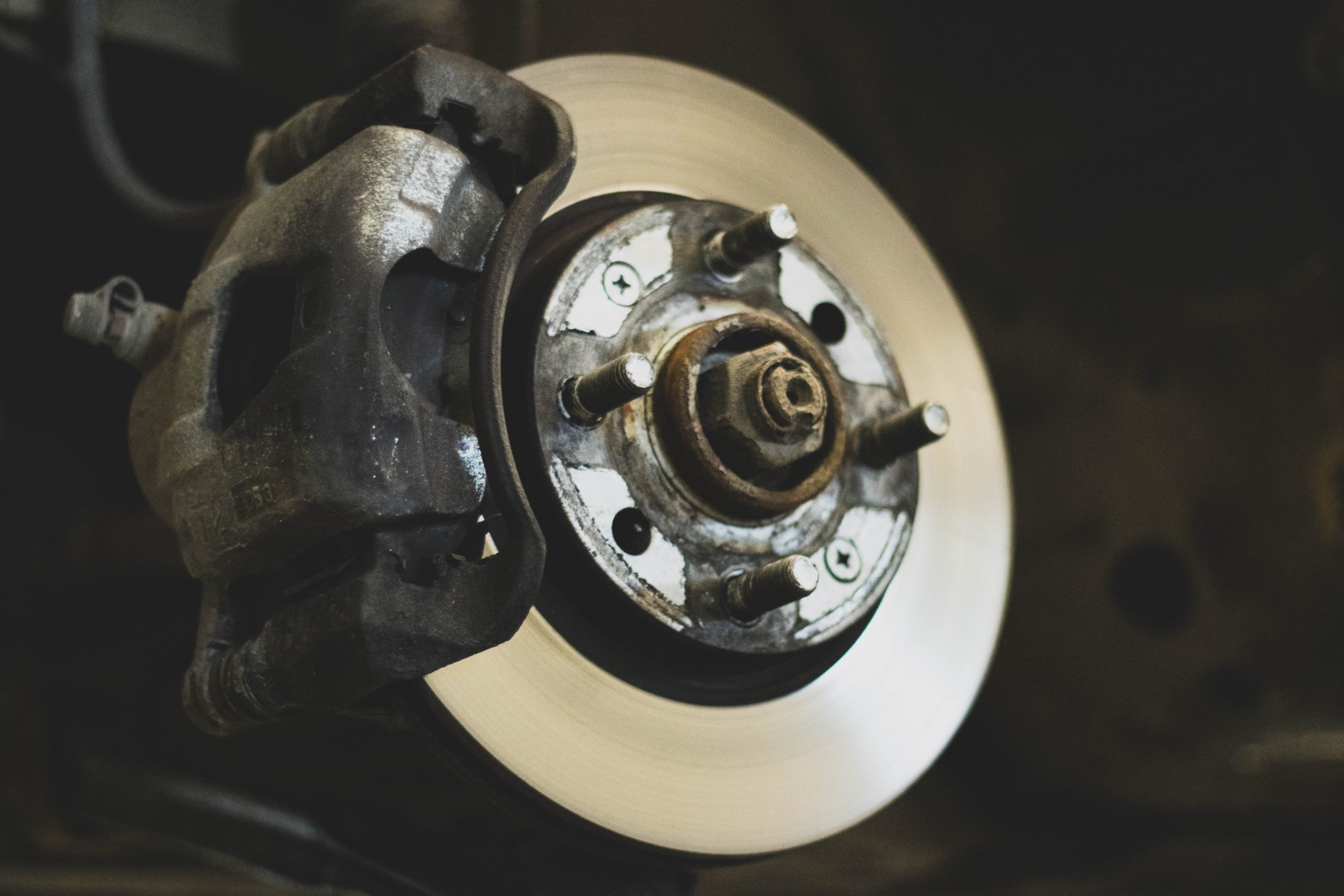
High-performance vehicles like BMWs need great brakes to take corners with finesse and stop on a dime. Depending on your car’s model and the performance you desire, you may decide to stick with standard BMW brakes or opt for a performance upgrade. No matter which option you choose, it’s important to understand the recommended maintenance schedule for your BMW brakes. Here’s a look at some of the things you need to know.
Types of BMW Brakes
It’s important to note that BMW does not make its own brakes or braking systems. Instead, they partner with third-party suppliers. Each BMW make and model may have different brake specifications, with some designs featuring more aggressive brake pads or larger front and rear rotors.
The BMW M Series comes equipped with a high-performance braking system that is designed for a dynamic, sporty driving style. Depending on your preferences and model, you may choose BMW M Compound Brakes, which are the standard option, or upgrade to Carbon Ceramic Brakes, which provide the extra stopping power needed to really control those TwinPower Turbo engines.
Generally, BMW M Performance brakes are high-performance Brembo brakes, while BMW M Sport brakes are a small step up from standard BMW brakes. While the standard brakes have floating calipers, the Performance brakes have fixed calipers. M Sport brakes are also blue, while M Performance brakes come in orange, yellow, or red.
How Often Does a BMW Need Brake Service?
As a general rule, you’ll want to have your BMW’s brake pads, rotors, and calipers replaced every 30,000 to 60,000 miles. Carbon ceramic brakes potentially give you better performance and typically have a longer lifespan. These brake pads need to be changed about every 70,000 miles and the rotors need to be replaced about every 100,000 miles.
However, keep in mind that there are many variables that can impact the frequency of your brake maintenance needs. This includes:
Your driving habits – stop-and-go driving and aggressive braking are the number one causes of brake wear and tear
The brand and quality of your brake pads – for optimal performance, always use genuine BMW brake parts or equivalent
Driving conditions – highway driving is easier on your brakes than city driving, where there are a lot of traffic lights and intersections requiring you to stop
With a range this large, you may wonder how you’ll know when it’s time for your BMW brake service. Often, the best way to know for sure is to schedule a brake inspection with a certified BMW mechanic. If you do this once a year, you’ll always know the current status of your brakes.
Signs it’s Time to Change Your Brake Pads
Keeping an eye on your mileage can help you know when it’s time for brake maintenance. However, if you notice any of the following issues, it’s a good idea to visit a BMW mechanic for brake services as soon as possible.
Squealing Noise
A loud squealing noise when you press on your brake pads is typically a sign that it’s time for some maintenance. Brake pads are intentionally made with a metal indicator that acts as a warning when they reach their minimum thickness.
Brake Pedal Vibration
If you notice a vibration or feeling of “jitteriness” when you press down on your brake pedal, this is another sign that your pads may have worn down too far. Warped BMW’s brake rotors may also cause brake pedal vibrations.
Brake Pad Thickness
You may be able to take a look at your brake pads yourself or have a mechanic check the thickness. If they’re less than 0.25 inches thick, it’s time for a replacement.
Tips for Caring for Your BMW Brakes
In addition to following your BMW’s recommended maintenance schedule and having the system regularly inspected, there are also a few steps you can take to improve the health of your braking system. This includes the following quick tips:
- Drive your BMW regularly, as sitting for long periods can lead to braking disk corrosion
- Coast to stops and press your brake pedals softly to avoid unnecessary wear and tear
- Only use acid-alkaline-free wheel cleaner to lower your corrosion risk
- Minimize the use of tire-shine products, as this can contaminate your brake pads and potentially make them less effective
- Avoid using high-intensity water sources, such as a pressure washer, to clean your rims, as this can cause the brake parts to bind and lead
- to excessive noise
- After cleaning your tires, gently tap the brakes every few miles to help dry out the components
Trust The Haus for Your BMW Brake Services
Keeping up with your BMW brake maintenance can help ensure your vehicle maintains its stopping power and performs safely. The experts at The Haus will take care of everything from brake pad replacements or fluid flushes to system diagnostics, leak detection, emergency services and repairs, and more. Contact us today to learn more and schedule your VIP appointment.
